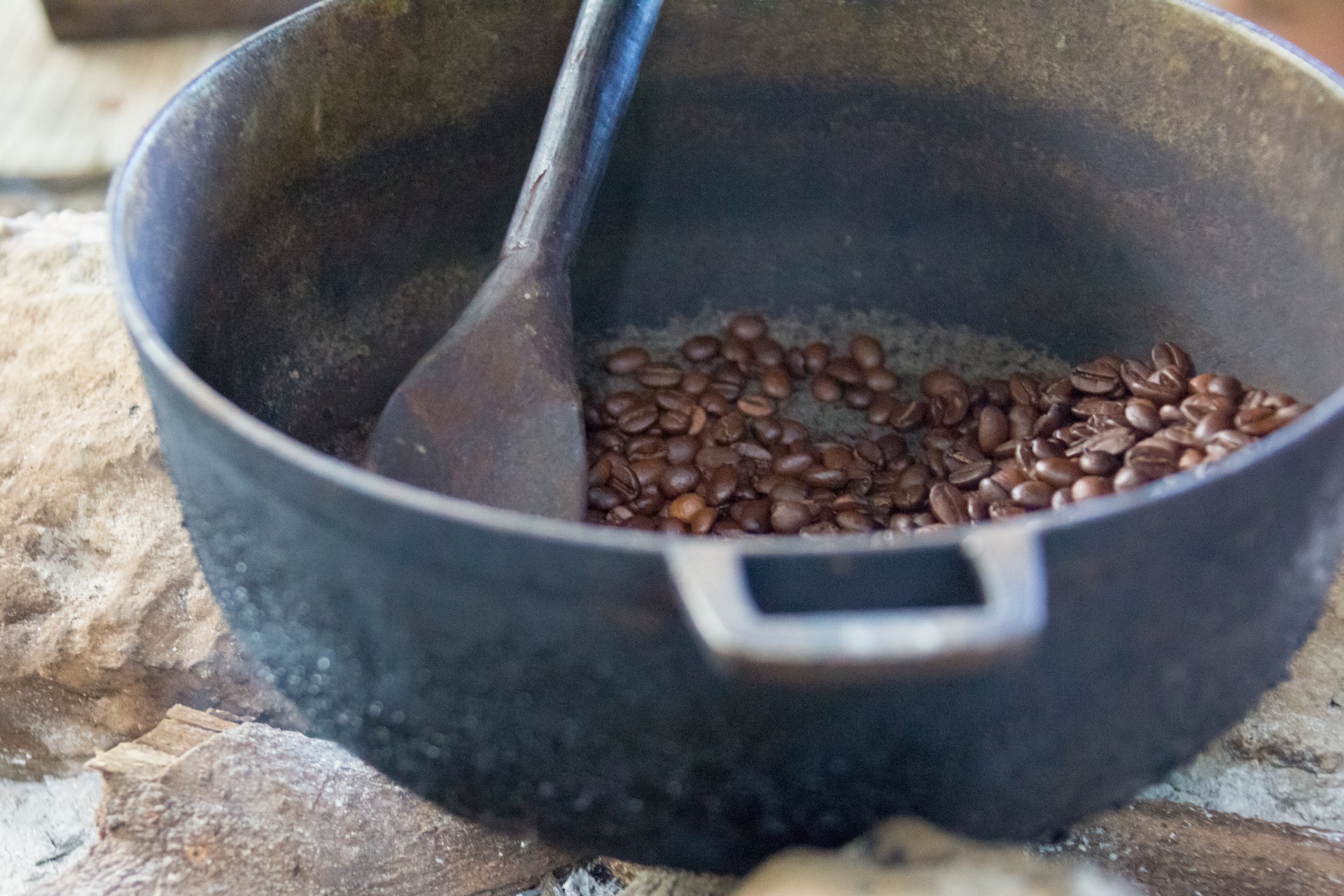
Traditional Coffee Roasting Free Stock Photo Public Domain Pictures
1:11 - 1:17. Cold brew. 1:5 - 1:8. Espresso. 1:2 - 1:3. Moka pot. 1:8 - 1:10. Adding too much or too little coffee grounds for a specific brewing method will result in a bad coffee. And more often than not, this is one of the main reasons why your coffee might taste sour.

FileCoffee beans unroasted.jpg Wikimedia Commons
Cold brew can taste sour due to factors like acidity levels and improper extraction. Simple fixes like adjusting the brewing parameters and choosing the right coffee beans can minimize the sourness in your cold brew. By experimenting with different techniques, you can create a well-balanced and flavorful cold brew.

Coffee Free Stock Photo Public Domain Pictures
Stale Coffee Beans. Another reason for sour coffee could lay with using old or stale coffee beans. This could be the result of a few different factors; the beans being very old (6+ months), the beans were exposed to moisture at some point after roasting, or the beans are dried out from being open to direct sunlight.
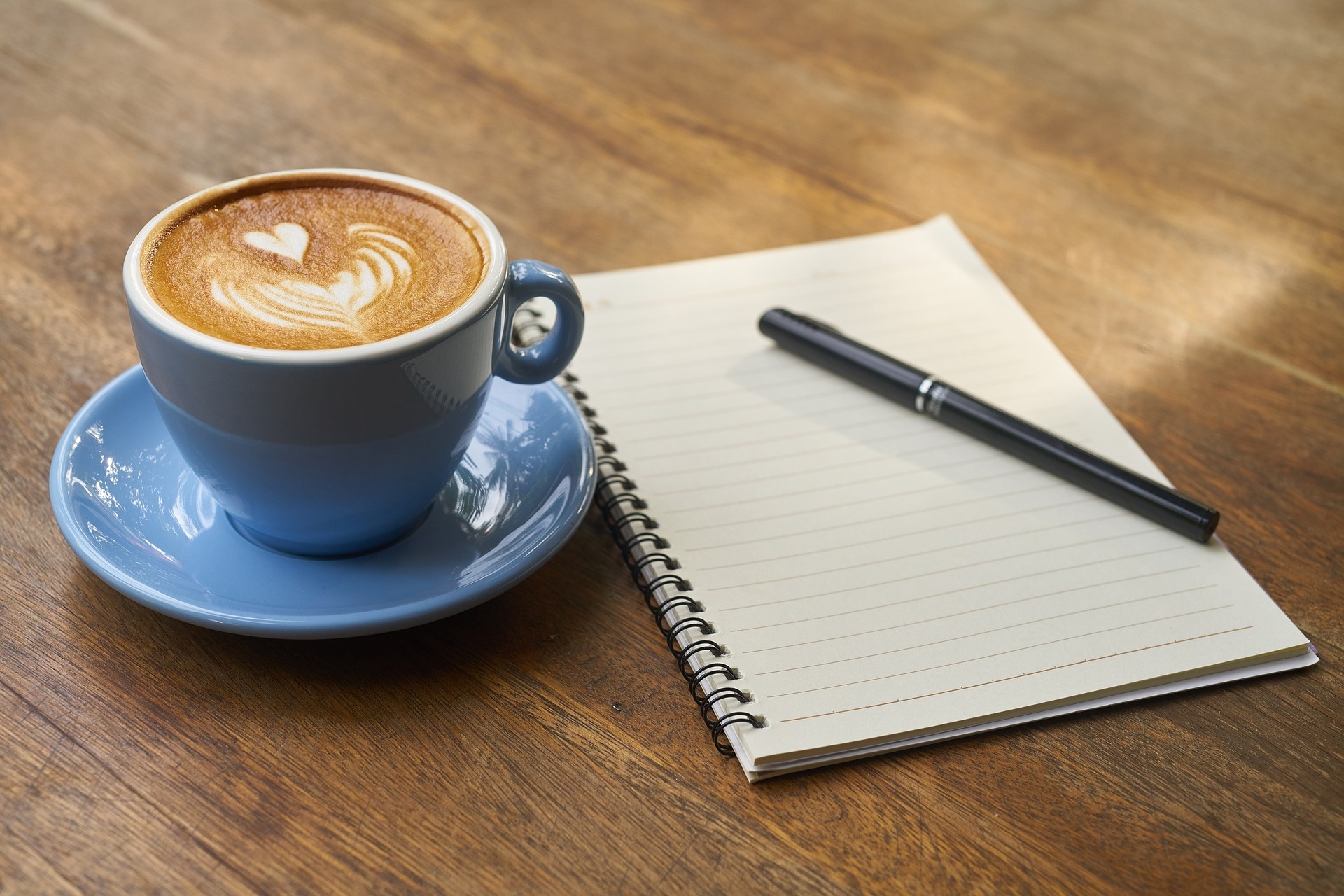
Coffee Free Stock Photo Public Domain Pictures
The Role of Brewing Methods in Sour Coffee What Factors Influence the Sourness of Coffee? Bean Quality. The quality of the coffee beans you use can impact the sourness of the coffee. Poor quality beans can taste sour and stale, while high-quality beans will have a more balanced taste. Roast Level. The roast level can also affect the sourness of.

Sweetening the Brew How to Eliminate the Sourness in Coffee Start My
Understanding Coffee Acidity And Sourness. A degree of acidity is good for coffee - or any food. However, there is a limit to the amount of acidity people can tolerate before coffee begins to taste sour. Therefore, finding the right balance is essential. Coffee beans have naturally fruity flavors because they come from the cherries of coffee.

Sourness in Coffee 5 Important Things to Consider Coffeenatics
To extract coffee compounds from the grounds, the water you use should be at the right temperature. The correct range of temperature for perfect extraction is between 195 F and 205 F. When the water is too cold during the extraction process, sourness creeps in your coffee and there is nothing you can do about it.

Coffee Free Stock Photo Public Domain Pictures
When hot water meets coffee grounds, the extraction that takes place leads to extraction, in order, of acidic and sour compounds, sweet compounds, and finally, bitter compounds. Under extracted, sour coffee is the result of not getting enough extraction, which doesn't allow sweet or bitter flavors into your coffee to balance out sourness.

Coffee Free Stock Photo Public Domain Pictures
Without further ado, let's talk about what you can do to reduce the sourness of your coffee when you use the French press as a brewing method. Brew Longer: If you brew your coffee longer, you will get more extraction which means you reduce the sourness of your coffee. When you brew coffee, make sure you are brewing it for at least 4 minutes.

How to eliminate sourness from tomato sauce 8 methods to try
A strong body can help support and balance sourness. Causes of Sour Coffee. A sour coffee taste can result from several factors, including: Under-extraction: If coffee is brewed too quickly, the acidic compounds are extracted first, leading to under-extraction and a sour taste. This can be caused by using the incorrect grind size (too coarse.

Chapter 7.General View on Coffee Hospitality Training
Sourness in coffee is one of those unfortunate facts of life. Unfortunately, it will sometimes happen, perhaps even in a coffee shop. However, knowing how to look for what went wrong in the first place will help you enjoy well-balanced coffee going forward. You might even learn a lot about coffee in the process!
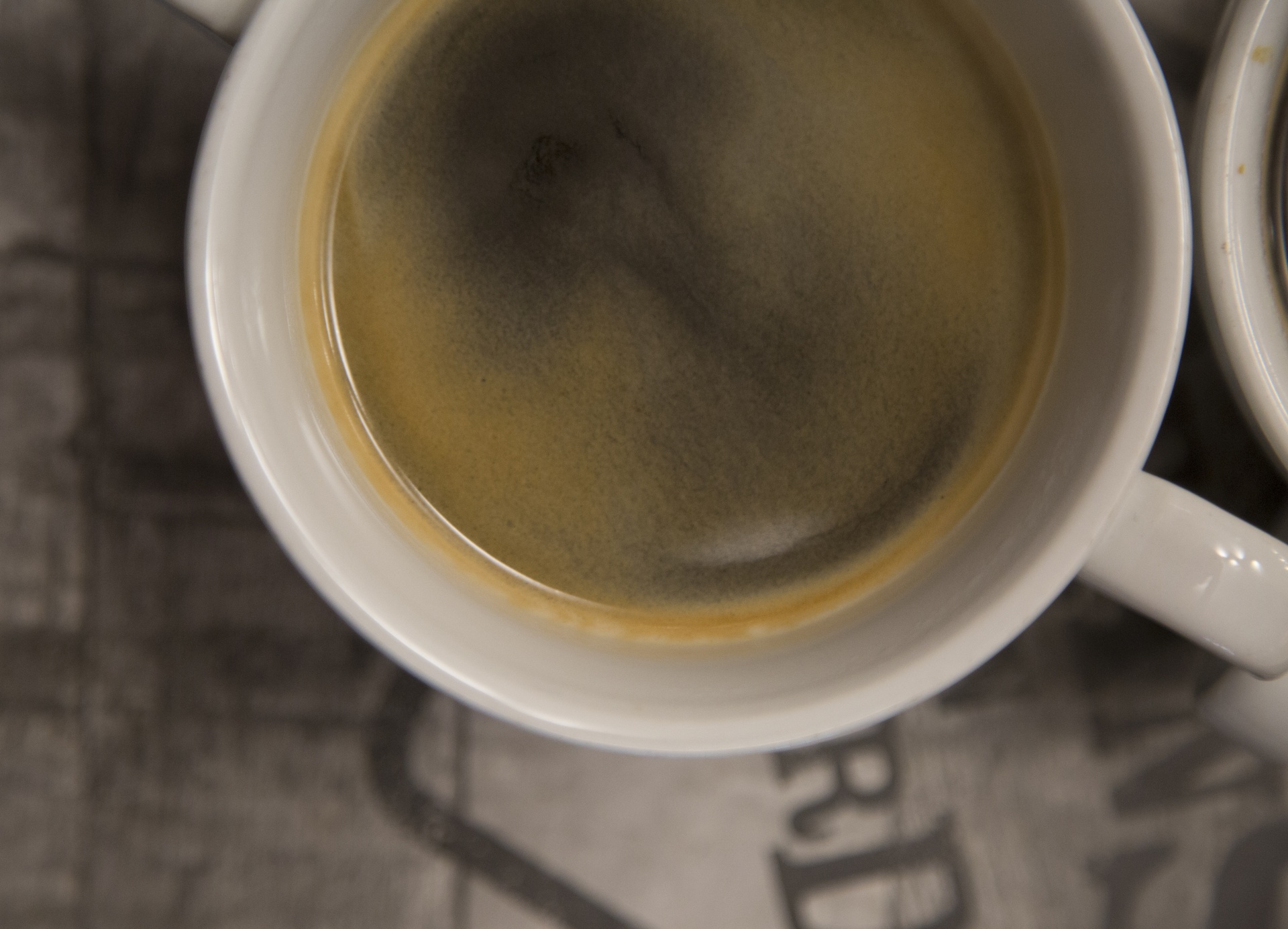
Coffee Free Stock Photo Public Domain Pictures
Wondering "why is my coffee sour"? Discover the reasons behind sour coffee and learn how to remedy it in our comprehensive guide.

Manam in Baguio Which Dishes Should You Order?
Perceived acidity is one of the main categories that coffee industry professionals use to score coffee quality, and hedonic testing has shown sourness to be a major driver of consumer liking (Cotter et al. Citation 2021, Frost, Ristenpart, and Guinard Citation 2019).
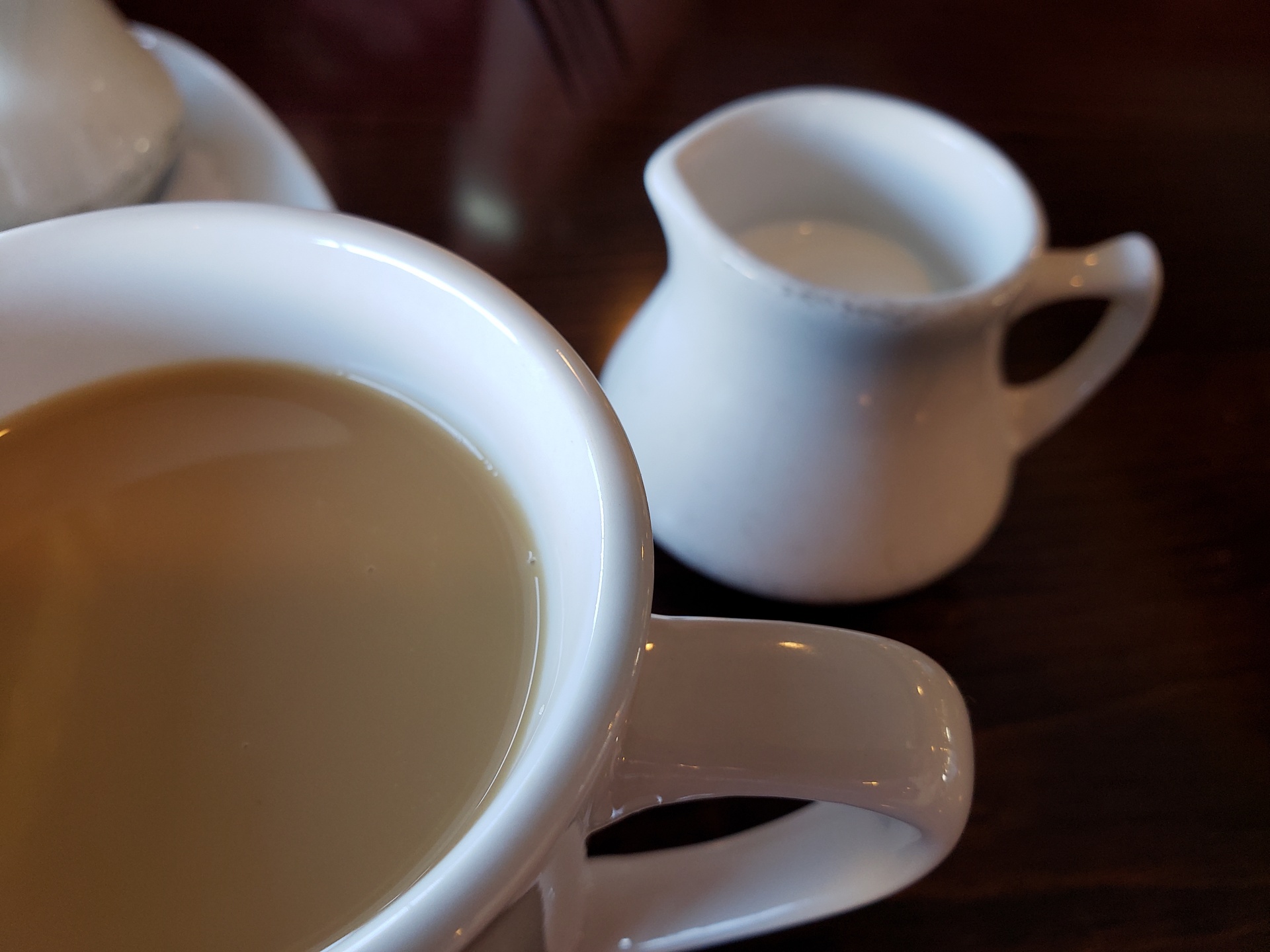
Coffee With Cream Free Stock Photo Public Domain Pictures
Sourness in coffee arises when there isn't enough sweetness to complement the acidity, leading to an overpowering and unpleasant taste. This lack of sweetness is often a result of under-extraction during brewing, where the coffee's flavors, including sugars, oils, and other compounds, are not adequately extracted from the grounds..

Sourness in Coffee 5 Important Things to Consider Coffeenatics
First, Here's Why Your Coffee Tastes Sour. Sour coffee comes down to two things: (1) bad beans and (2) bad brewing. If the beans are under-roasted, they'll taste grassy and sour. If they're old and stale, they'll have a really sharp lemony flavor. But, chances are, you're beans are fine—which means you need to make a small adjustment or two.
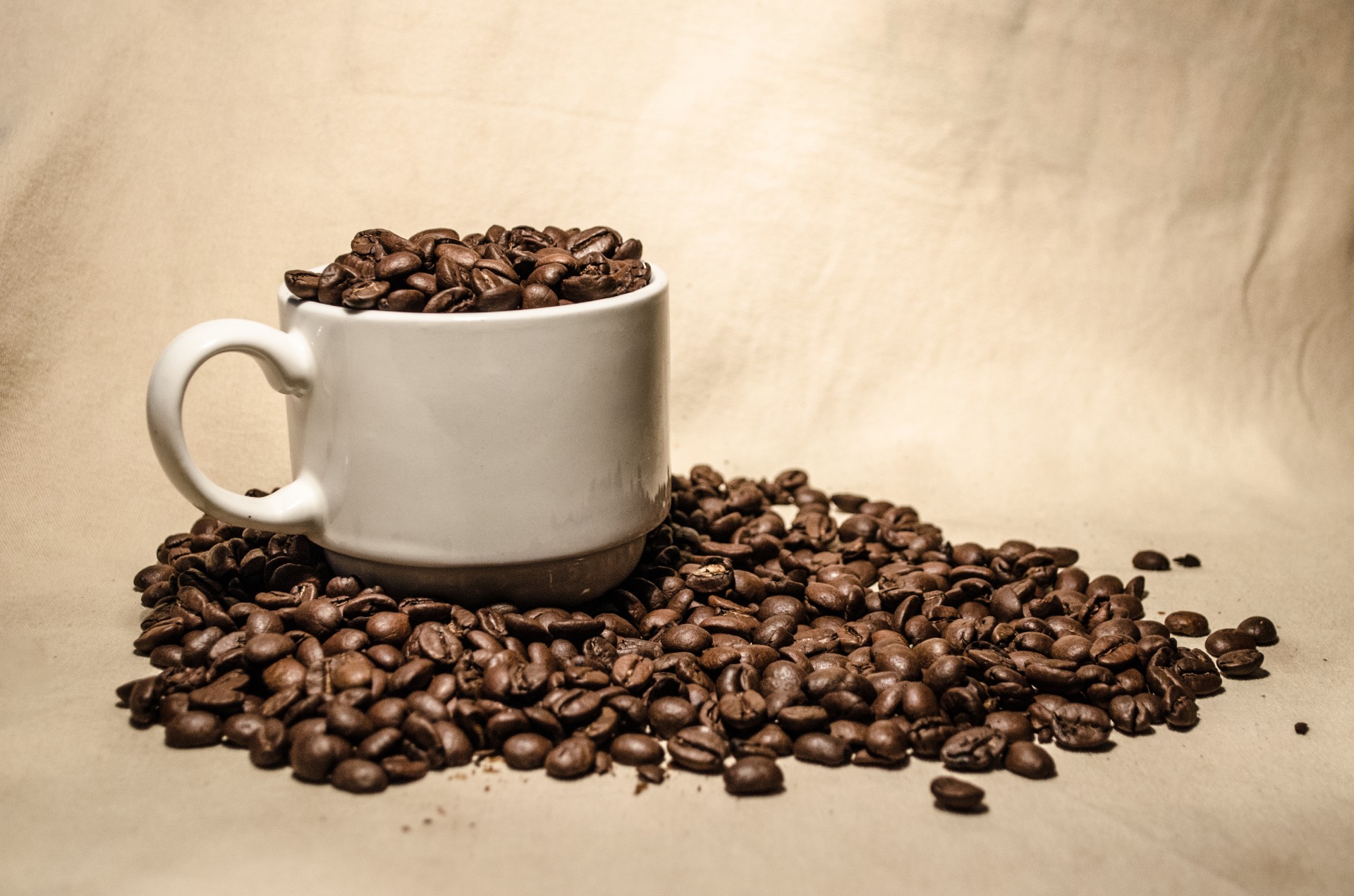
Coffee Free Stock Photo Public Domain Pictures
The latest assessments of the health effects of coffee and caffeine, its main active ingredient, are reassuring indeed. Their consumption has been linked to a reduced risk of all kinds of ailments.

Sourness in Coffee 5 Important Things to Consider Coffeenatics
Sourness Factor: Pour over methods, like the Chemex or V60, can highlight the acidity in coffee, which might come off as sourness. Brewing Tip: To reduce sourness, ensure your water is the right temperature (195-205°F) and consider a longer brew time.